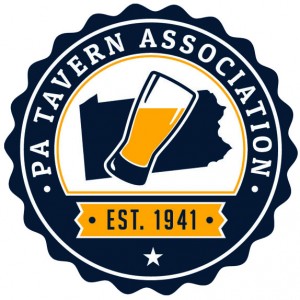 The Central Penn Business Journal reported in its December 7 edition that since the state’s first license auction in November 2016 the number of bids per auction along with the highest winning bids have dropped.
The Central Penn Business Journal reported in its December 7 edition that since the state’s first license auction in November 2016 the number of bids per auction along with the highest winning bids have dropped.
The first auction had 134 bids with the highest winning bid at $556,000. Two years later in November 2018, only 51 bids were received with the highest winning bid of $176,001. Overall the average winning bid has decreased from $212,000 to $73,915.
In the last two auctions, a total of 58 licenses were up for sale, but 13 received no bids.
Many of the large retailers dominated the early auctions, particularly in growing areas including suburban Philadelphia and Cumberland County.
The news organization also reported that there are still nearly 1,000 idle liquor licenses across the state. The article stated that state liquor regulators plan to continue holding auctions for expired licenses.
PLBTA member Mick Owens of Mick’s All American Pub and Maize Mexican Cantina was quoted in the story saying “The liquor license is an asset. It shows on your books. It’s a physical, tangible thing.”
He praised the auction process as a way to get dead licenses back into the marketplace, but also shared concerns about the high prices being a barrier to entry for small start ups. “The only people who can afford $500,000 for a license are the big players coming in and opening 300- to 400-seat restaurants,” he said.




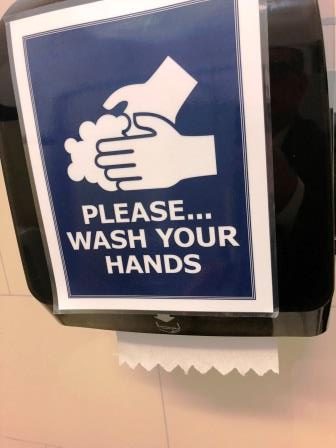 Not all of this is caused by cross-contamination, and not all is the result of bad kitchen management in a restaurant or bar. But the CDC says foodborne illness outbreaks are more likely to begin at restaurants than a person’s home.
Not all of this is caused by cross-contamination, and not all is the result of bad kitchen management in a restaurant or bar. But the CDC says foodborne illness outbreaks are more likely to begin at restaurants than a person’s home.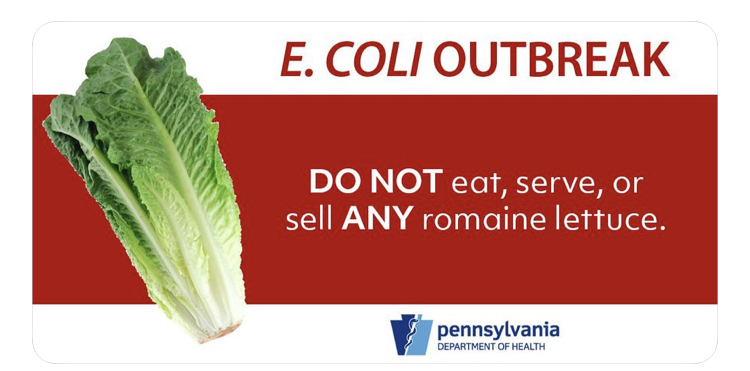 The state DOH warning came shortly after the Centers for Disease Control and Prevention (CDC) issued a health alert indicating they and others are investigating a multistate outbreak of Shiga toxin-producing Escherichia coli O157:H7 (E. coli O157:H7) infections linked to romaine lettuce.
The state DOH warning came shortly after the Centers for Disease Control and Prevention (CDC) issued a health alert indicating they and others are investigating a multistate outbreak of Shiga toxin-producing Escherichia coli O157:H7 (E. coli O157:H7) infections linked to romaine lettuce.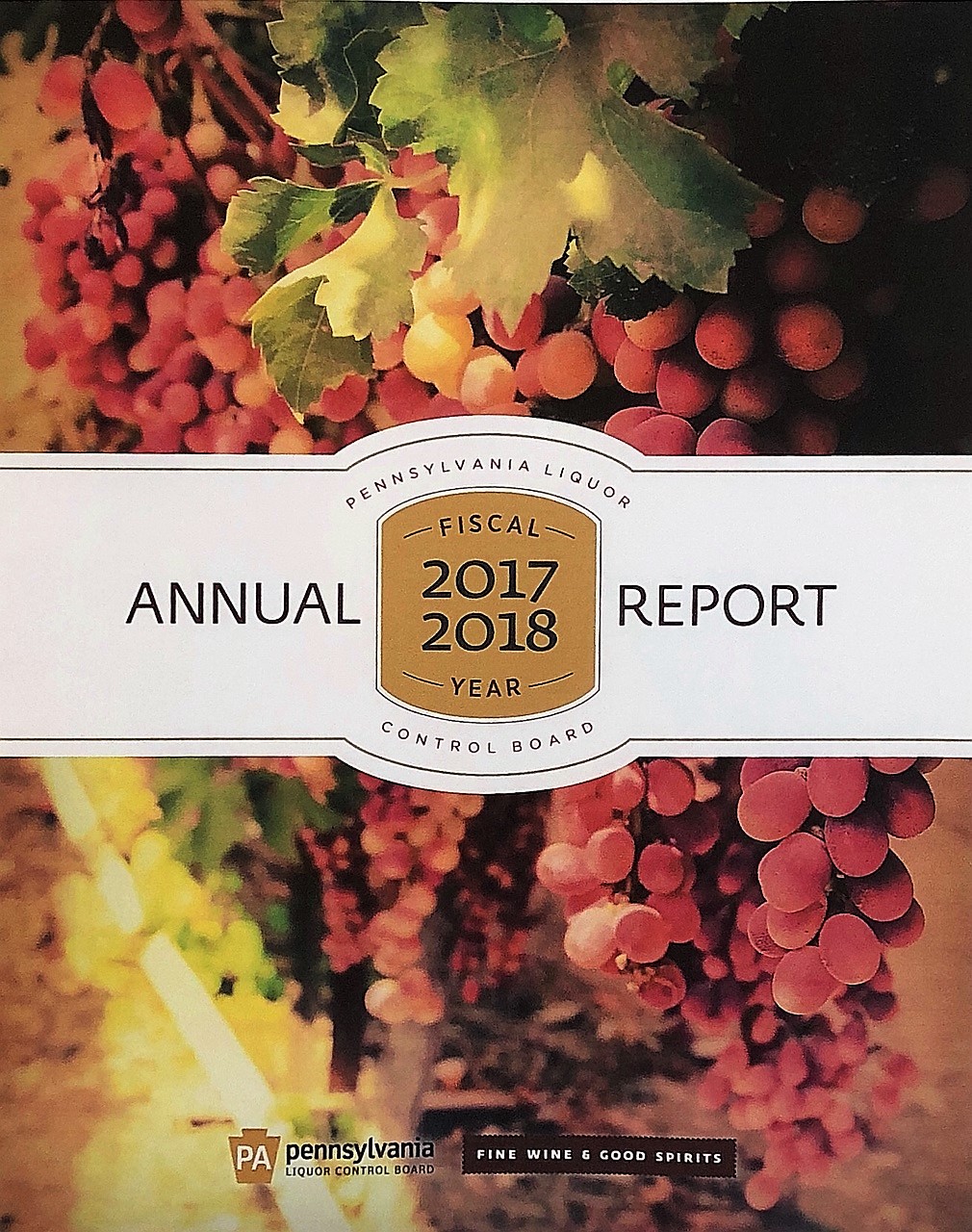 The
The 
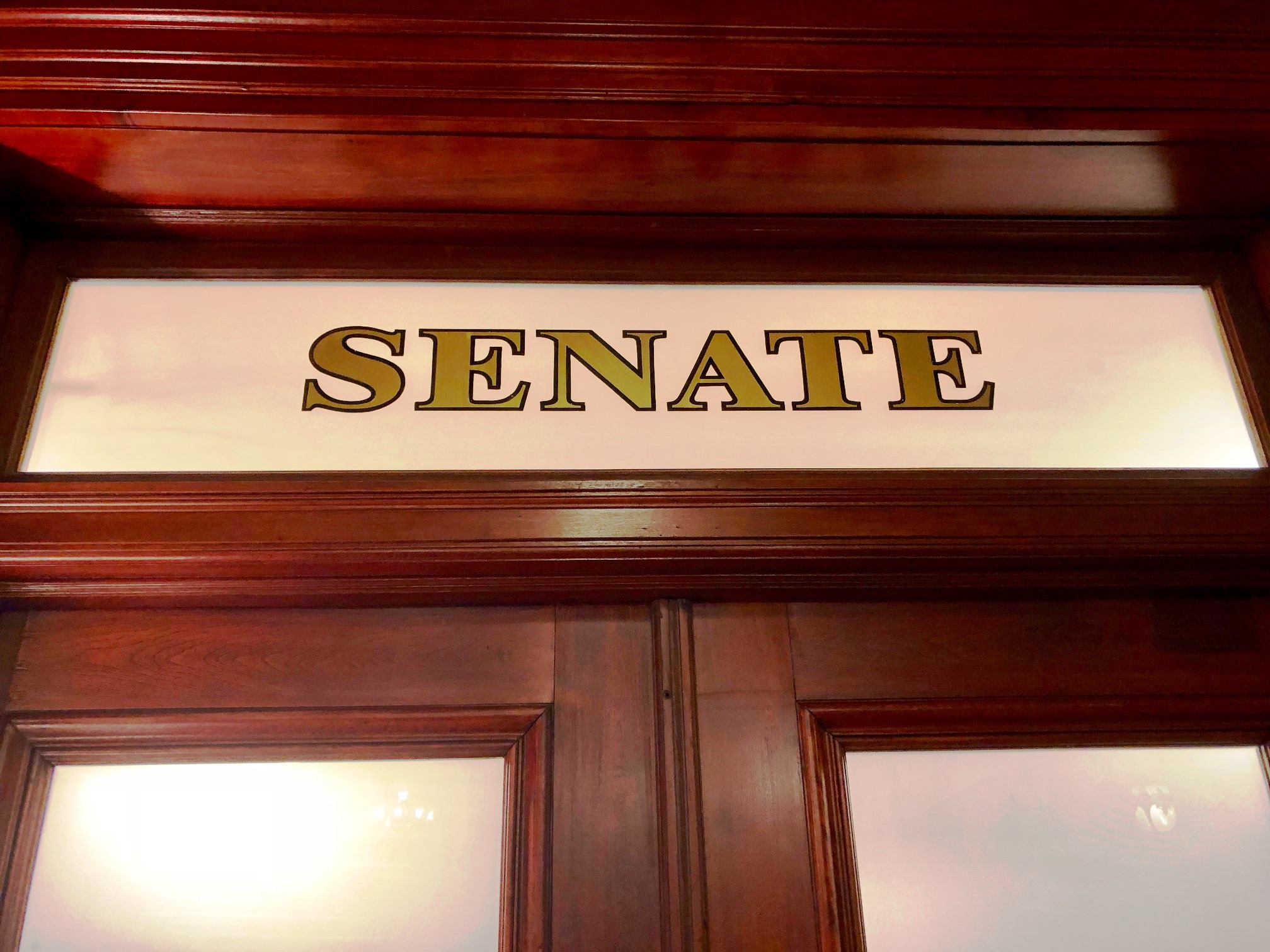 The language contained in a proposed amendment would have given breweries a special tax break by allowing them to charge sales tax on prices earlier and lower in the distribution process than any other retail licensee, putting breweries at a taxpayer-subsidized advantage over restaurants, taverns, grocery stores, clubs, convenience stores, and beer distributors.
The language contained in a proposed amendment would have given breweries a special tax break by allowing them to charge sales tax on prices earlier and lower in the distribution process than any other retail licensee, putting breweries at a taxpayer-subsidized advantage over restaurants, taverns, grocery stores, clubs, convenience stores, and beer distributors.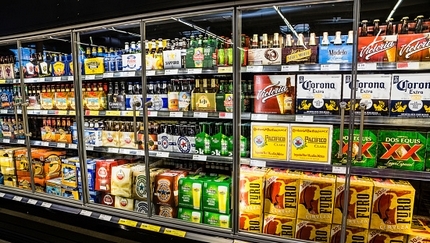 In an effort to continue the dialogue about the dangers of underage drinking, the Pennsylvania Liquor Control Board (PLCB) is encouraging students from across the commonwealth to participate in the 27th annual Alcohol Awareness Poster Contest.
In an effort to continue the dialogue about the dangers of underage drinking, the Pennsylvania Liquor Control Board (PLCB) is encouraging students from across the commonwealth to participate in the 27th annual Alcohol Awareness Poster Contest.

